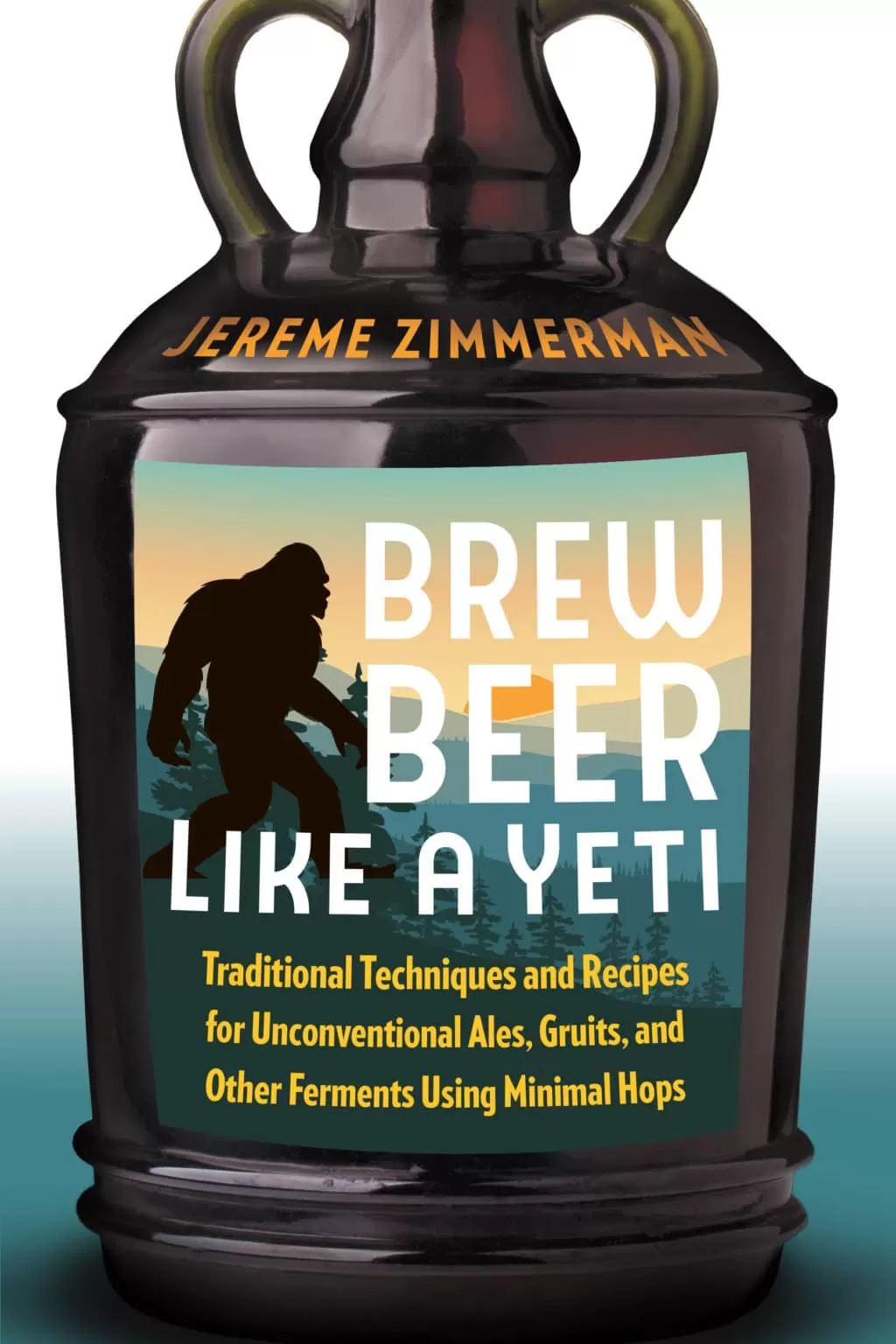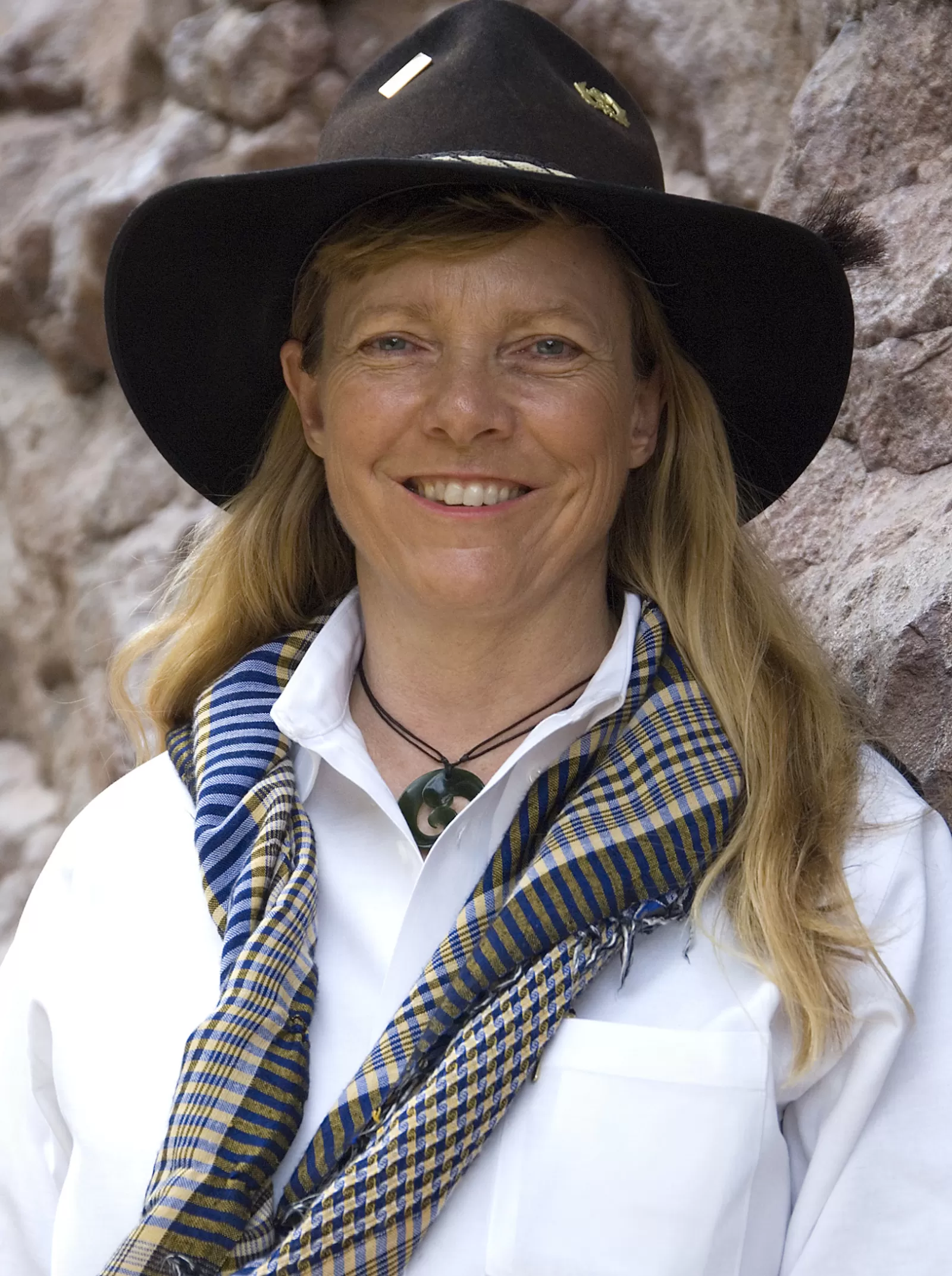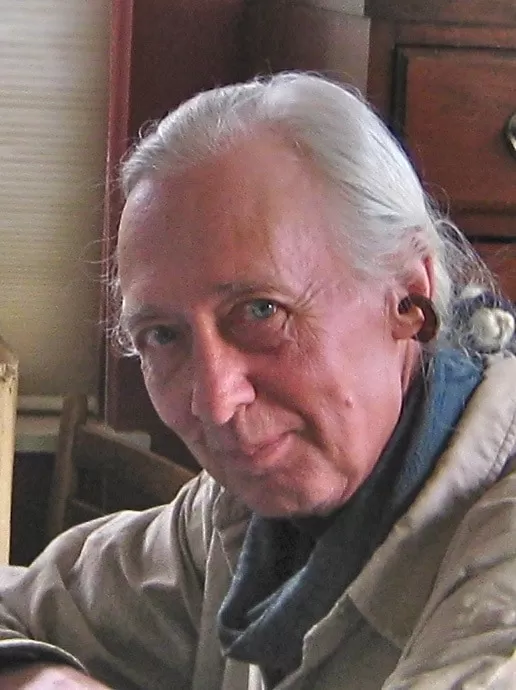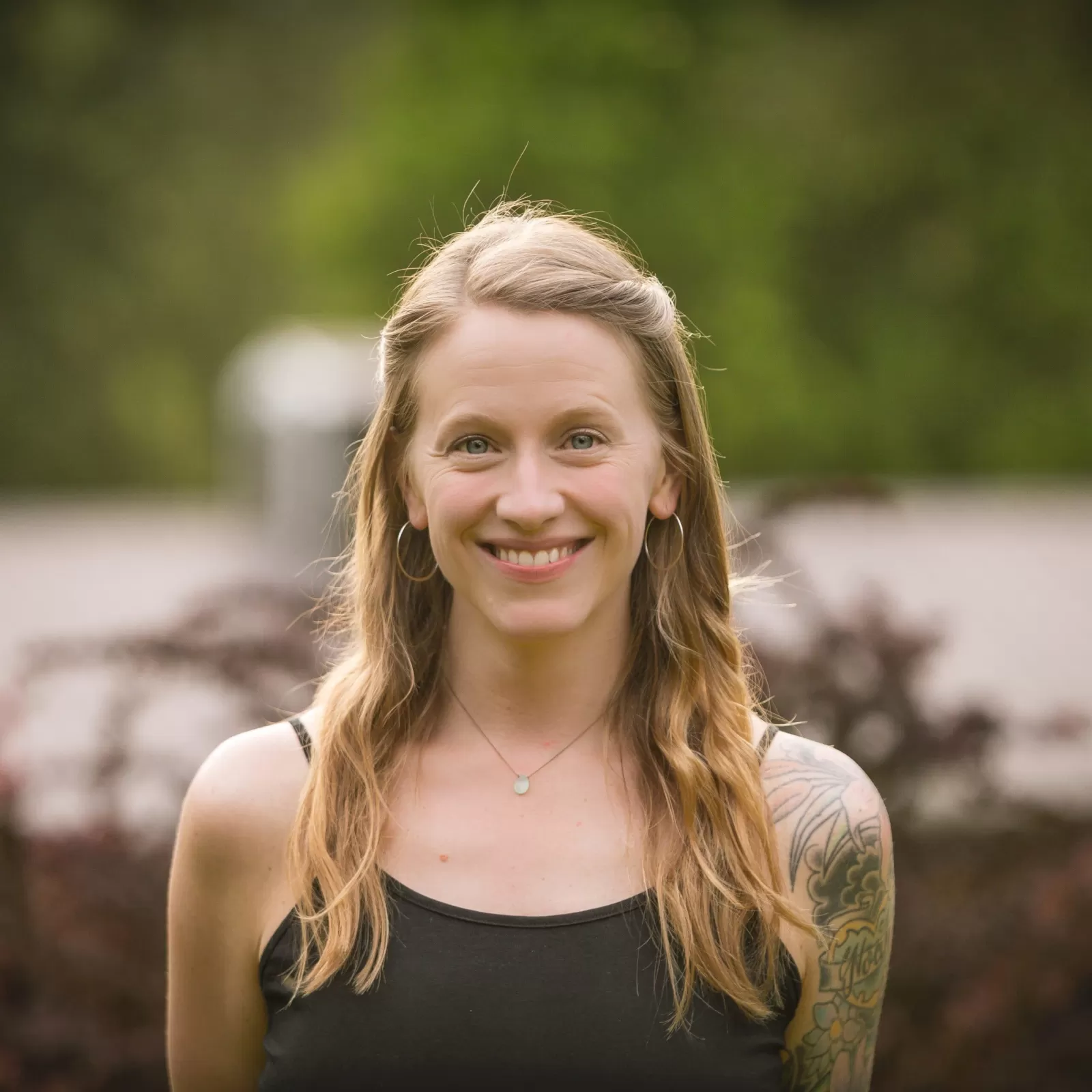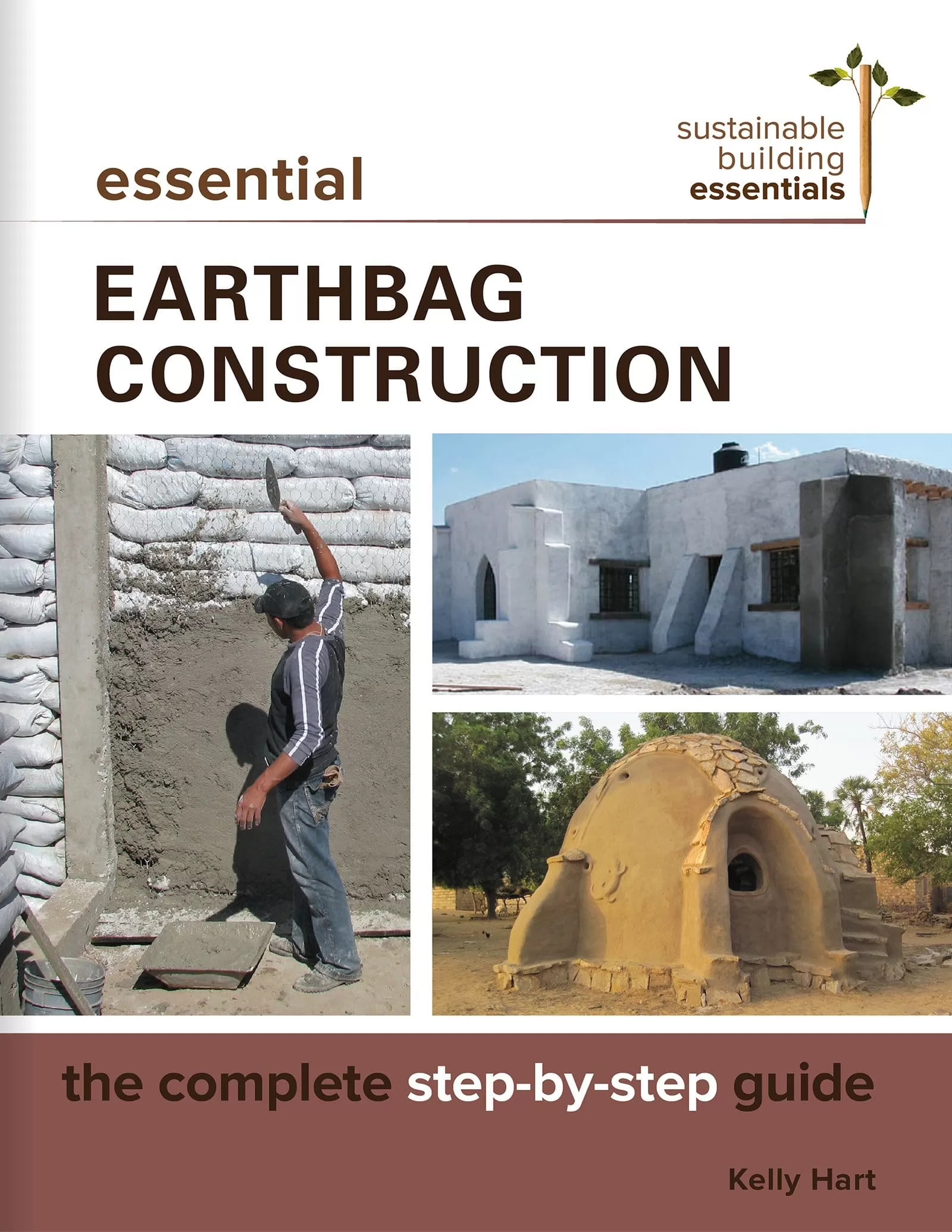In this interview, Kelly walks us through many of the steps required for building with earthbags, including the practical needs of what bags to use, what you can fill the bags with for thermal mass or insulation, some of the tools and equipment you’ll need, establishing a foundation, laying the courses, tying each layer together, and also how to secure your doors and windows.After you’ve listened to this interview, you’ll have a basic understanding of how to use earthbags for construction. With a copy of Kelly’s book you can learn the rest.
Find out more about Kelly and his work, including his DVD A Sampler of Alternative Homes, at naturalbuildingblog.com, and his book at NewSociety.com.
I like this interview because Kelly invites us to try our hand at building with earthbags. I find that invitation in, to try, to make mistakes, and to learn, incredibly powerful and empowering. We can start with simple structures, like an above-ground root cellar or domed storage shed, to get comfortable with the necessary techniques before proceeding to something more complicated. With the way earthbags go together we can stack, pull down, and try again, with our first structure serving as an in-depth learning experience. This is also an inexpensive technique, making it affordable and accessible in ways other methods, where mistakes can be costly, are not. Looking at the cost of supplies and some sample projects, 1,000 of the polypropylene bags that Kelly mentioned, are less than $400. Another $80 for a 440-yard roll of 4-point barbed wire. From there you’ll need rebar, lumber, windows, doors, and your tools, but over and over again I found many owner-built earthbag homes, all over the world, for under $10,000, in all shapes and sizes. Multi-story. Rectilinear. Rounded. Any combination you can imagine.
As a lover of cob and the feel of Earthships, there is something about the earthbag as a base that appeals to me. Its natural building meets LEGO. Earth risen into walls and offering us security, in a structure we can build with our own hands. I can think of few things more comfortable than that.
What do you think of this conversation? Has this changed your thoughts on building with earthbags? Is this a method you’ve used? Let me know. Leave a comment in the show notes, or get in touch.
From here the next regular episode is a conversation with Ben Goldfarb to talk about his book Eager and the role of one of the world’s greatest ecosystem engineers, the beaver. Until then, spend each day creating the world, and homes, you want to live in, while taking care of Earth, yourself, and each other.
Resources
Essential Earthbag Construction Natural Building Blog (Kelly’s Website)
A Sampler of Alternative Homes (Kelly’s DVD)
Nader Khalili (1936 - 2008)
The $50 and Up Underground House Book (undergroundhousing.com)
